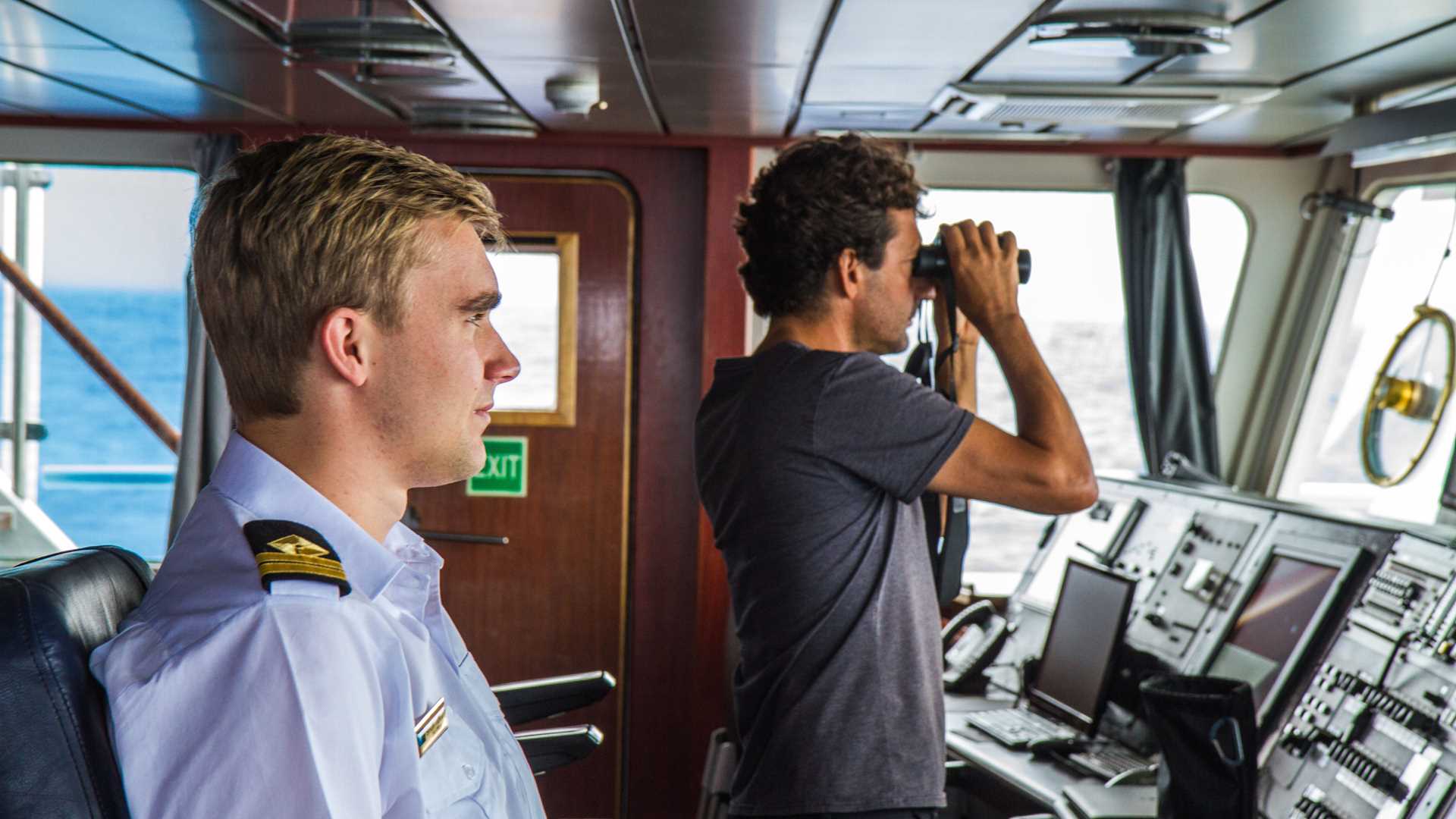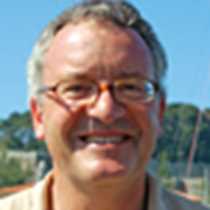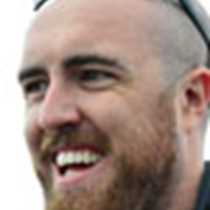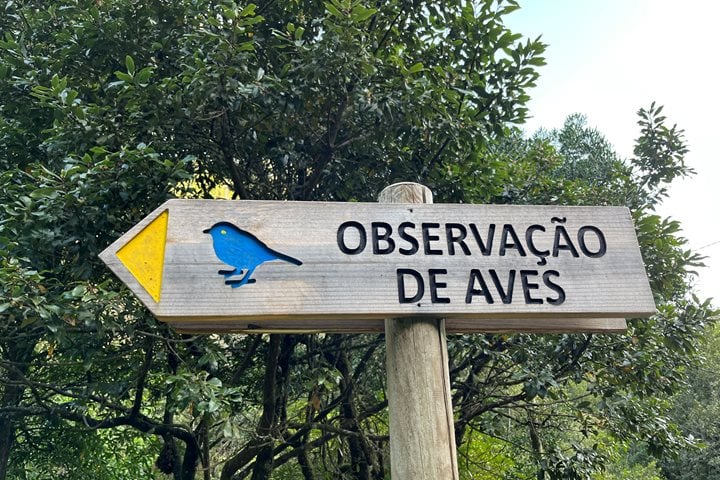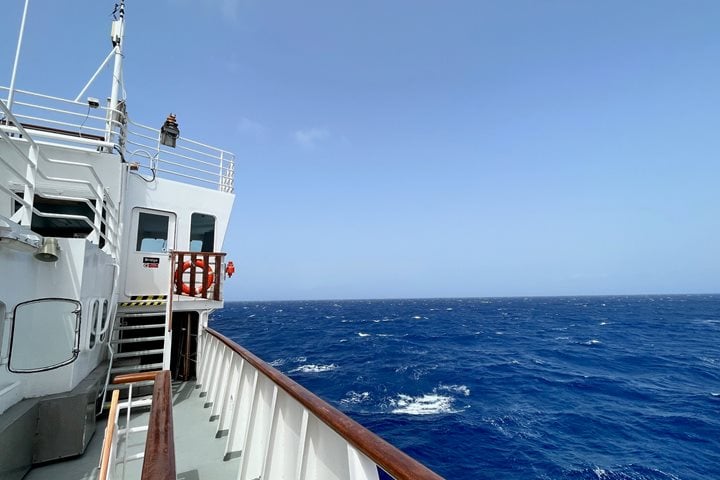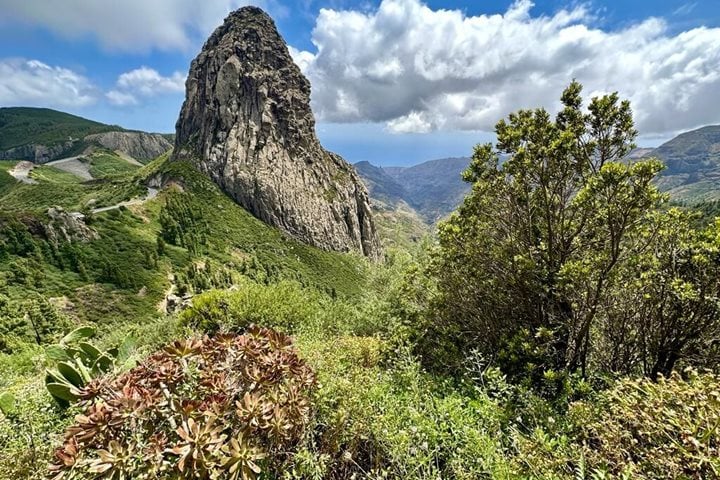Even as our team of naturalists alternate between the bridge and the bow searching for marine life, our historian is on the aft deck contemplating the wake of the ship and who may have sailed in these waters in the past. Today saw a second presentation on the life and times of Charles Darwin who sailed these waters, pretty much exactly in the route we are charting, on board HMSS Beagle in the spring of 1832. He made his first stop, as we did, in the Cape Verde archipelago and checked out the Peter and Paul Rocks and the island of Fernando de Noronha, both of which we also observed from on deck. Beagle was headed to
It was, of course, a voyage that changed history. Back on terra firma in the 1840s, Darwin was a married man, ensconced at Down House in Kent and at work on a lifetime project to make sense of all that he had collected and observed. His work was meticulous and may never have been synthesised for publication had it not been for the arrival in the post of a slim package from one Alfred Russel Wallace outlining a theory of natural selection in the much the way that Darwin envisioned it. This proved the catalyst for Darwin who within a year had produced The Origin of Species, one of the intellectual landmarks of the century. Within a year the book and its theory were being debated at Oxford at a meeting of The British Association for the Advancement of Science at which the Bishop of Oxford asked Thomas Huxley if he were related on his grandmother’s or his grandfather’s side to an ape. Huxley’s reply was popularly summarised to the effect that he would rather be an ape than a bishop. In the audience was the lonely figure of Robert FitzRoy who became characteristically agitated, waved a Bible above his head, and rued the day he had accepted Darwin as his voyage companion thus giving him the opportunity to produce his new theory. Within a few years FitzRoy had committed suicide, a sad end to a distinguished career, but we should be eternally grateful that he did select Charles Darwin for that voyage even though Darwin, who was not a good sailor, complained that he had hated every wave in the ocean!
So much for ruminations from the aft-deck. On the bow we were treated to remarkable views of four Antarctic Minke whales surfing under the bow, in near total disregard of the ship. Our naturalist suggested at Recap that they had other things on their minds.

